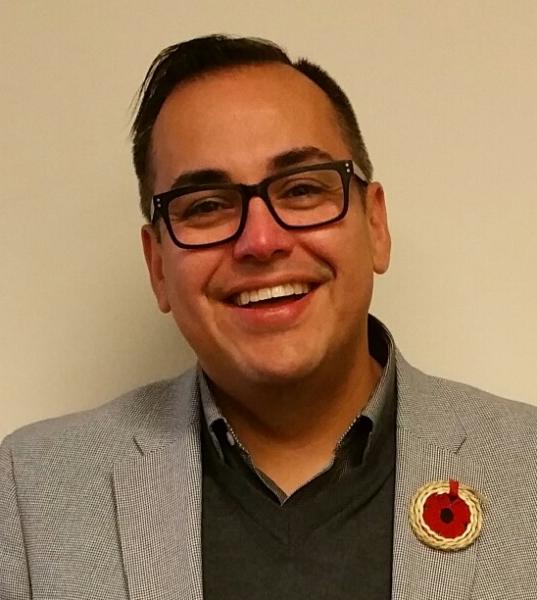Saskatchewan’s advocate for children and youth is sharply criticizing the provincial government, saying it needs to prioritize First Nations and Métis education outcomes and better mental health services in the north.
In his annual report, Corey O’Soup says graduation rates for Indigenous children last year was 42.3 per cent, up just over one per cent from 2016. Non-Indigenous graduation rates in 2017 was over 85 per cent.
“I believe this is unacceptable, and we must do something about it,” O’Soup said.
O’Soup recognizes there are jurisdictional issues between the province and Ottawa on funding on-reserve education. He recommends the government go in partnership with First Nations to lobby the federal government for better on-reserve education money.
“When the cuts come, it happens to the most vulnerable, it happens to our children, it happens to our Indigenous children,” O’Soup said.
O’Soup wants to see the funding level at least at equal to start addressing the educational gaps.
O’Soup’s report indicates his office was notified of 19 youth deaths last year, 12 male and seven female. Fifteen were First Nations and Métis, with ten being under the age of five. He’s advocating for better wait times for children to access professional mental health services, calling it “shameful” that in some cases children have a two-year wait.
“Two years to see a child psychiatrist is unacceptable. Those are the children that end up in our reports. Those are the children we want to stop from dying moving forward. These children and youth need help and they need adequate and timely mental health services,” said O’Soup. “Young people in northern, remote and rural communities have even fewer supports than those in the rest of the province. Suicide rates are much higher in those communities, and that’s a problem.”
In a previous report on northern youth suicides, Indigenous males aged 10 to 19 were six times more likely to die from suicide, while Indigenous females in the same age category were 26 times more likely to commit suicide.
In trying to help ease the critical need for mental health services in the north, O’Soup is recommending community-based training of local professionals.
“The suicide rates aren’t going any lower. We will never probably have enough doctors and child psychiatrists to serve particularly all of our north,” said O’Soup. “I believe we have to start within our community. We have to start training professionals within our community, to be the answers within their community. We can’t just drop counsellors in for a week or two and have them leave when the crisis is over.”
The Office of the Advocate for Children and Youth has for the past year trying to spotlight youth suicide, believing that many of these deaths are preventable if parents and guardians just listen and talk to their children.
“It’s more in the spotlight, especially when it comes to suicide. Kids have been dying by suicide for a long time. They’ve attempting for a long time,” said O’Soup. “In the last year, we’ve really placed a big focus on it in our office, as we believe that most of these are preventable, if we just listen and talk to our kids.”
(PHOTO: Advocate for Children and Youth Corey O’Soup. Courtesy of saskadvocate.ca)
